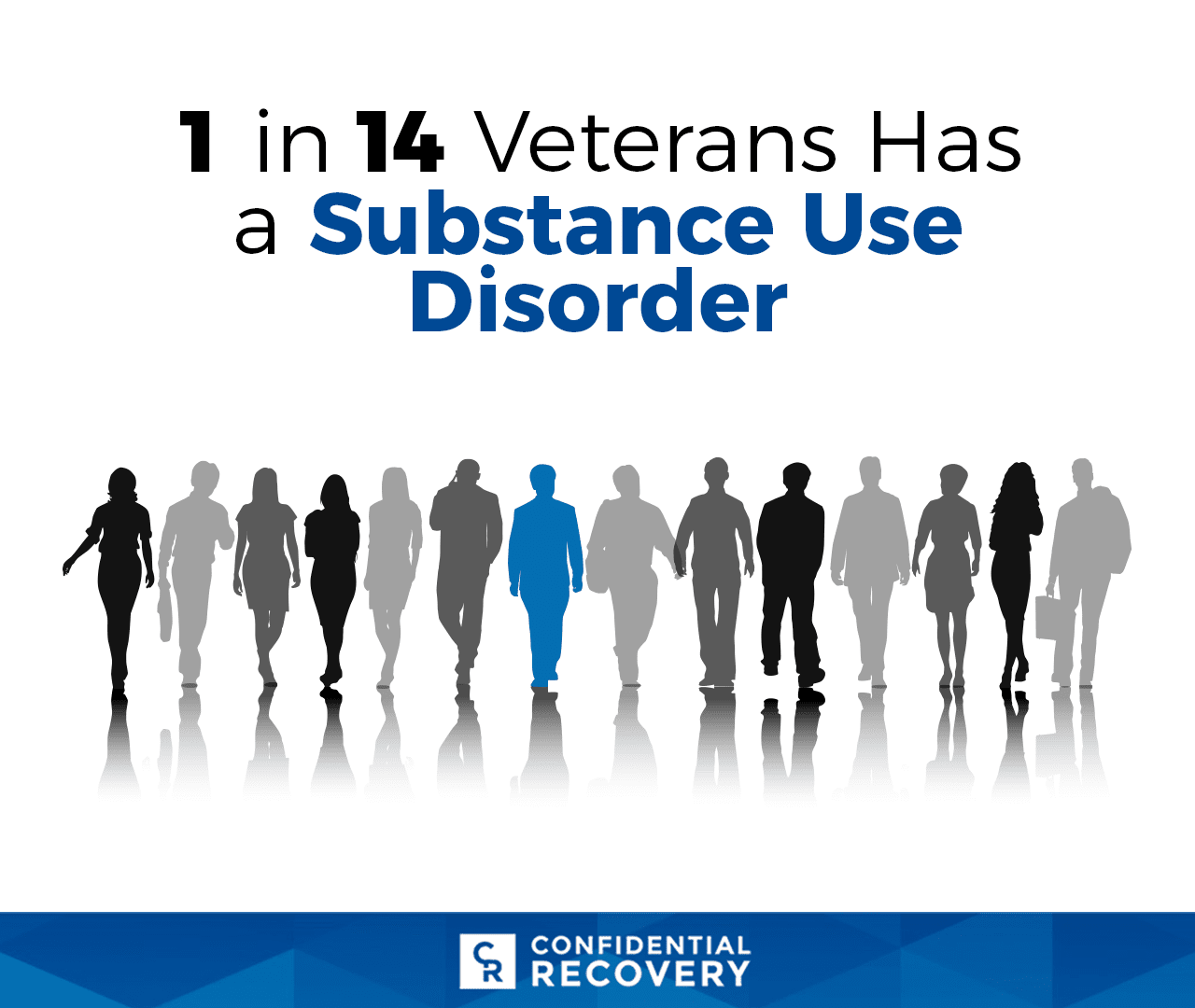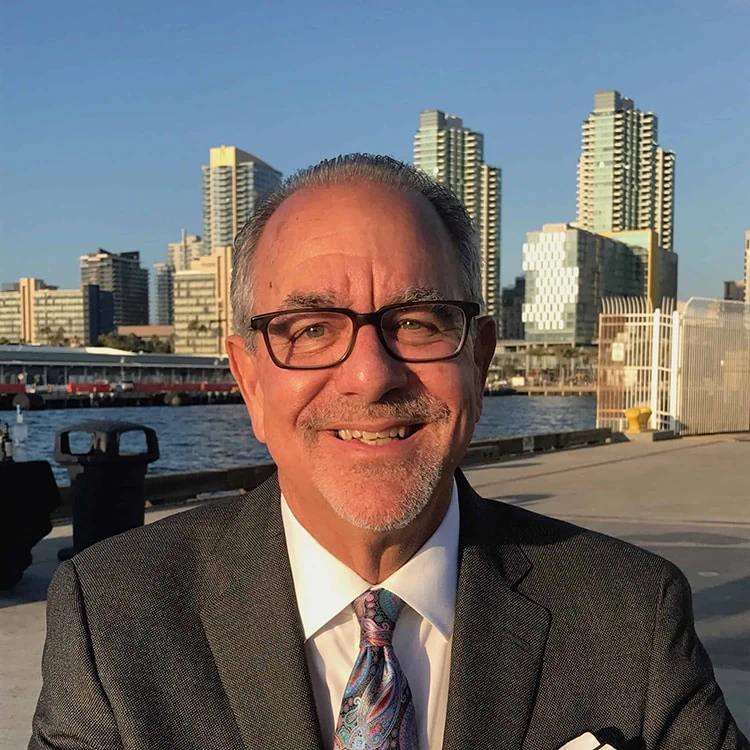
Getting Help: Families, Veterans and Addiction
 Many people in the military struggle with abusing drugs or alcohol. This is even more true when it comes to veterans. Addiction and substance abuse are issues that the veteran community often faces, many times alongside PTSD, anxiety, depression, or other mental health disorders.
Many people in the military struggle with abusing drugs or alcohol. This is even more true when it comes to veterans. Addiction and substance abuse are issues that the veteran community often faces, many times alongside PTSD, anxiety, depression, or other mental health disorders.
For families and loved ones, it can be difficult to understand what’s going on. Addiction is a family disease, affecting everyone who cares about the addicted person. How can you help a veteran struggling with alcohol or drug use?
First of all, it’s important to understand a bit more about addiction among veterans.
Why Do Veterans Have Such High Numbers of Substance Use?
SAMHSA (Substance Abuse and Mental Health Services Administration), a government organization, says that one in fifteen veterans admitted to having a substance use disorder in 2015. Why is that number so high?
When we asked our veterans SUD expert Jay Wiley he had this perspective to add:
"While on Active Duty, Veterans were part of a huge team, filled with peers they could count on and identify with, and a vast support network they could turn to to take care of their needs. When they leave active duty, many veterans feel as if these ties have been cut and they have to face all of the challenges of transition on their own and without a support network to count on"
Change, stress, and mental health challenges are also issues that make a person more likely to use drugs or alcohol to cope. Thousands of people in the military leave active duty to start a new chapter of life every year. Going from a high-alert in a turbulent country overseas to a much different home life can be jarring.
Many veterans have trouble adjusting to this new phase of life and may use substances to cope. PTSD, depression, and anxiety are all familiar challenges for people who return from active duty.
As a family member or friend of a loved one, you may notice your loved one acting differently. They may try to hide their substance abuse. They may have multiple prescriptions for drugs or hide their alcohol bottles so they don’t run out.
Understanding PTSD
Some veterans will come home with physical wounds or emotional wounds that haven’t yet been addressed. PTSD, post-traumatic stress disorder, is prevalent among those who have been in turbulent regions where there is combat.
For family, it’s often such a relief to have a person come home from active duty that it may be confusing when your loved one seems withdrawn or unhappy. It’s not your fault!
PTSD is a mental health disorder. It’s common to witness or experience violence in the military, but human brains aren’t built for it. Exposure to extreme trauma or repeated trauma changes the brain. The mind will compensate for trauma in its own way. This is why doctors might tell you that PTSD is a "normal reaction" to an abnormal, traumatic situation.
No one knows why some people come home with PTSD, while others who were in the same situation don’t. Researchers do, however, know that PTSD changes a person’s brain. There is currently no cure for it. People diagnosed with it can learn to live with the symptoms and overcome the challenges it presents. Many treatments exist to help people live a better, calmer life.
Anxiety and depression are also common among veterans. It can be hard to return to civilian living and start charting a course for your own life and return to friends and family. “Normal” life can seem boring or even frightening as if you’re waiting for something bad to happen because you’re “used to it” after living in volatile regions for so long.
Asking Your Loved One to Get Help
Jay Wiley has this to say to our veterans who are struggling:
"Veterans don't have to face these challenges alone. There is support available, in both the recovery and veteran communities. Let Confidential Recovery be your bridge to discovery, contact us for help at any time."
If your loved one needs help with addiction, make sure to tell them that they are valued and loved. Then offer help that’s realistic – you can’t do this for them, they must make the decision to get help on their own. Offer to drive them to therapy, do research on the internet, or take them to 12-step meetings. You may want to ask others that are close to your loved one (military friends especially) if they’re willing to encourage your loved on to seek help.
Most people who have been in the military are used to being tough and self-sufficient. It can be hard for them to admit they have a problem they can’t solve on their own. However, there are thousands of veterans who have walked the path of addiction and recovery. We’re here to help!
Many people both in active duty and veteran status have learned to live fulfilling lives without the use of a substance to cope.
Yes, it will take some work and it won’t happen overnight. But recovery is available and possible. The hardest step of recovery is reaching out to get the help you need. We’re here for you and your family and we’ve helped many veterans start a new chapter in life.
Please call our center at 619-452-1200 to learn more about how we can help.
Categories
San Diego Interventions
